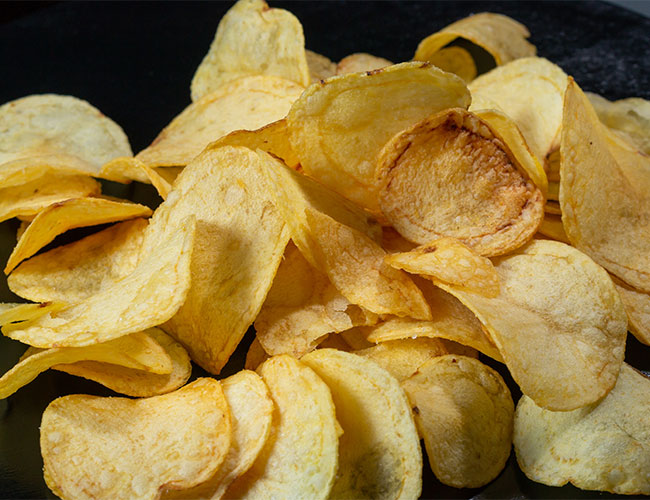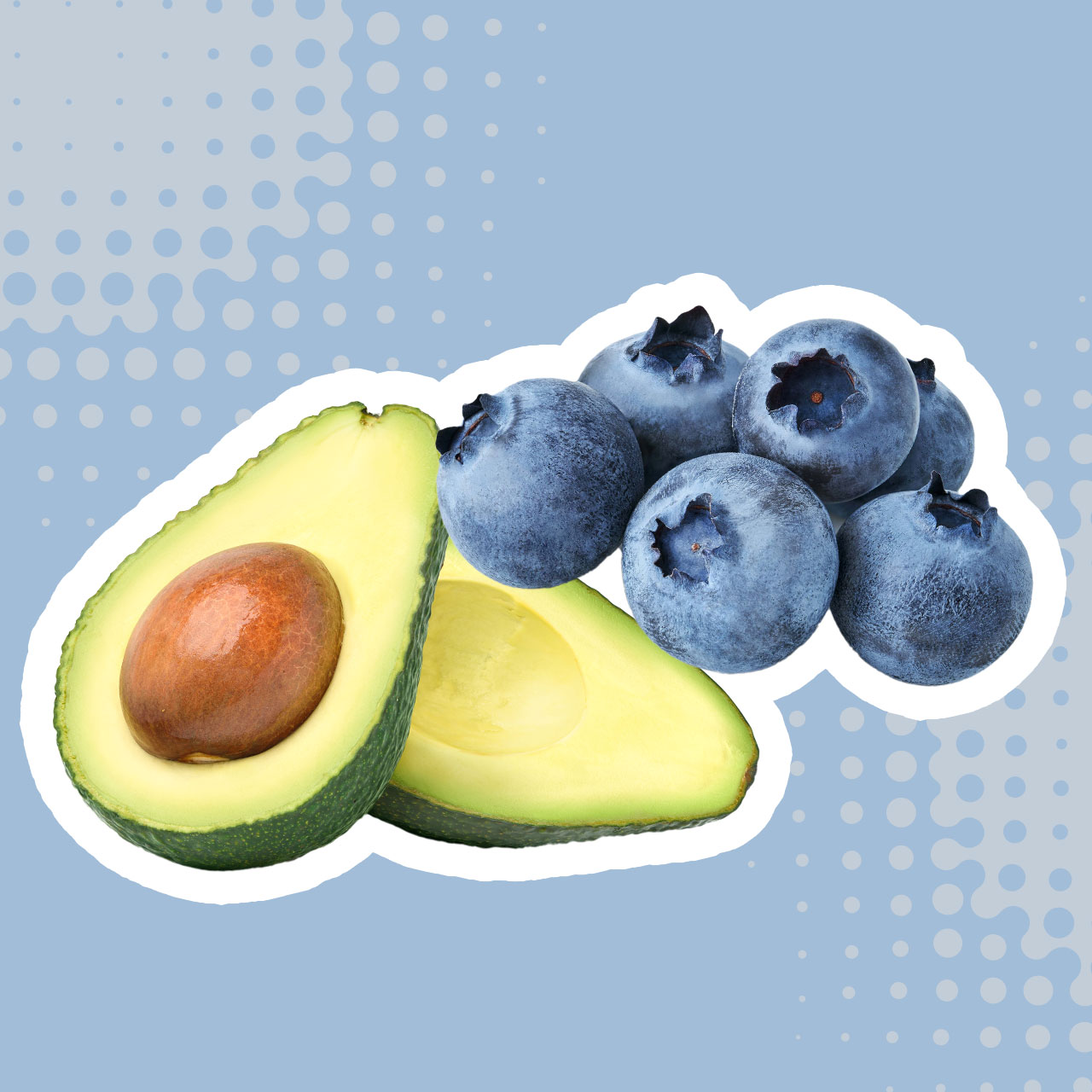The impact of diet on brain health is profound and multifaceted. Our brains rely on a steady supply of nutrients to function optimally, and the foods we consume can influence cognitive function, memory, mood, and overall mental clarity. Nutrient-dense foods rich in vitamins, minerals, and antioxidants support brain health by reducing oxidative stress and inflammation, promoting the growth of new neurons, and ensuring proper neural communication. In contrast, diets lacking in these essential nutrients can lead to cognitive decline, increased risk of neurodegenerative diseases, and overall poor mental health.
Processed foods, particularly ultra-processed ones, pose significant risks to brain health. These foods are often laden with trans fats, high levels of sodium, sugars, and artificial additives that can have detrimental effects on the brain. Trans fats, for instance, can increase inflammation and oxidative stress, disrupt cell membrane integrity, and impair neural communication. High sodium intake can lead to hypertension, reducing blood flow to the brain and potentially causing cognitive impairment and an increased risk of stroke. Moreover, the high sugar content and artificial ingredients found in many processed foods can disrupt gut health, which in turn can negatively impact the brain due to the gut-brain axis. Overall, the consumption of ultra-processed foods can undermine brain health and contribute to a host of cognitive and neurological issues.
To shed some light on a few of the worst options, we spoke to registered dietitian Catherine Gervacio. Here are seven ultra-processed pantry foods she says you might want to think twice about keeping in your kitchen:


1. Microwave Popcorn
Microwave popcorn is a popular snack, but it’s not without its risks. "Many brands of microwave popcorn have trans fats used to extend shelf life and enhance flavor. Trans fats may increase inflammation and oxidative stress in the body, including the brain," warns Gervacio. These fats can also disrupt cell membrane integrity and function, which is crucial for maintaining healthy neural communication and overall brain health. Plus, microwave popcorn comes with other risks, too.

2. Instant Noodles
A quick and easy meal option, instant noodles come with significant downsides. "Instant noodles are high in sodium and excessive intake can lead to high blood pressure, which reduces blood flow to the brain. This reduced blood flow may impair cognitive function and increase the risk of stroke and vascular dementia," Gervacio explains. High sodium levels are a major concern for long-term brain health, among other risks.

3. Potato Chips
Potato chips, another beloved snack, carry similar risks due to their high sodium content. Gervacio notes, "These foods may also contain high levels of acrylamide, which has been shown to have neurotoxic effects. Acrylamide exposure is linked to nerve damage and may contribute to cognitive dysfunction." Avoiding these snacks could be a crucial step in preserving cognitive function (and keeping your waistline slim).

4. Soda
The high sugar content in soda is particularly harmful. "Soda is an empty-calorie food which means that it has little to no nutritional value. Regular consumption of sugary drinks can displace nutrient-dense foods from the diet, leading to nutrient deficiencies that can negatively impact brain health," says Gervacio. The lack of essential nutrients and antioxidants can exacerbate oxidative stress and inflammation in the brain.

5. Gummy Candies
Gummy candies are another culprit due to their high sugar and artificial additive content. "The high sugar content and artificial additives in gummy bears can disrupt gut health. An unhealthy gut microbiome is linked to numerous health issues, including cognitive dysfunction because of the gut-brain axis," Gervacio points out. Dysbiosis, or an imbalance in gut bacteria, can lead to systemic inflammation that affects brain function.

6. Canned Soups
Canned soups, while convenient, often contain artificial flavors, colors, and preservatives. “Many canned soups contain artificial flavors, colors, and preservatives to enhance taste and extend shelf life. These additives may have adverse effects on brain health," Gervacio warns. Opting for fresh or homemade soups can help mitigate these risks.

7. Margarine
Margarine, frequently used as a butter substitute, is another source of trans fats. "Many margarine products contain high levels of trans fats. These fats can increase levels of LDL cholesterol (the 'bad' cholesterol) and decrease levels of HDL cholesterol (the 'good' cholesterol), leading to an increased risk of cardiovascular disease," says Gervacio. High cholesterol levels can reduce blood flow to the brain, impairing cognitive function and increasing the risk of neurodegenerative diseases such as Alzheimer's disease.

Bottom line
Ultimately, being mindful of these ultra-processed foods and their potential impact on brain health is crucial. While convenience is important, prioritizing whole, nutrient-dense foods can support better cognitive function and overall well-being. Consider making healthier swaps in your diet to protect your brain for the long term.


























